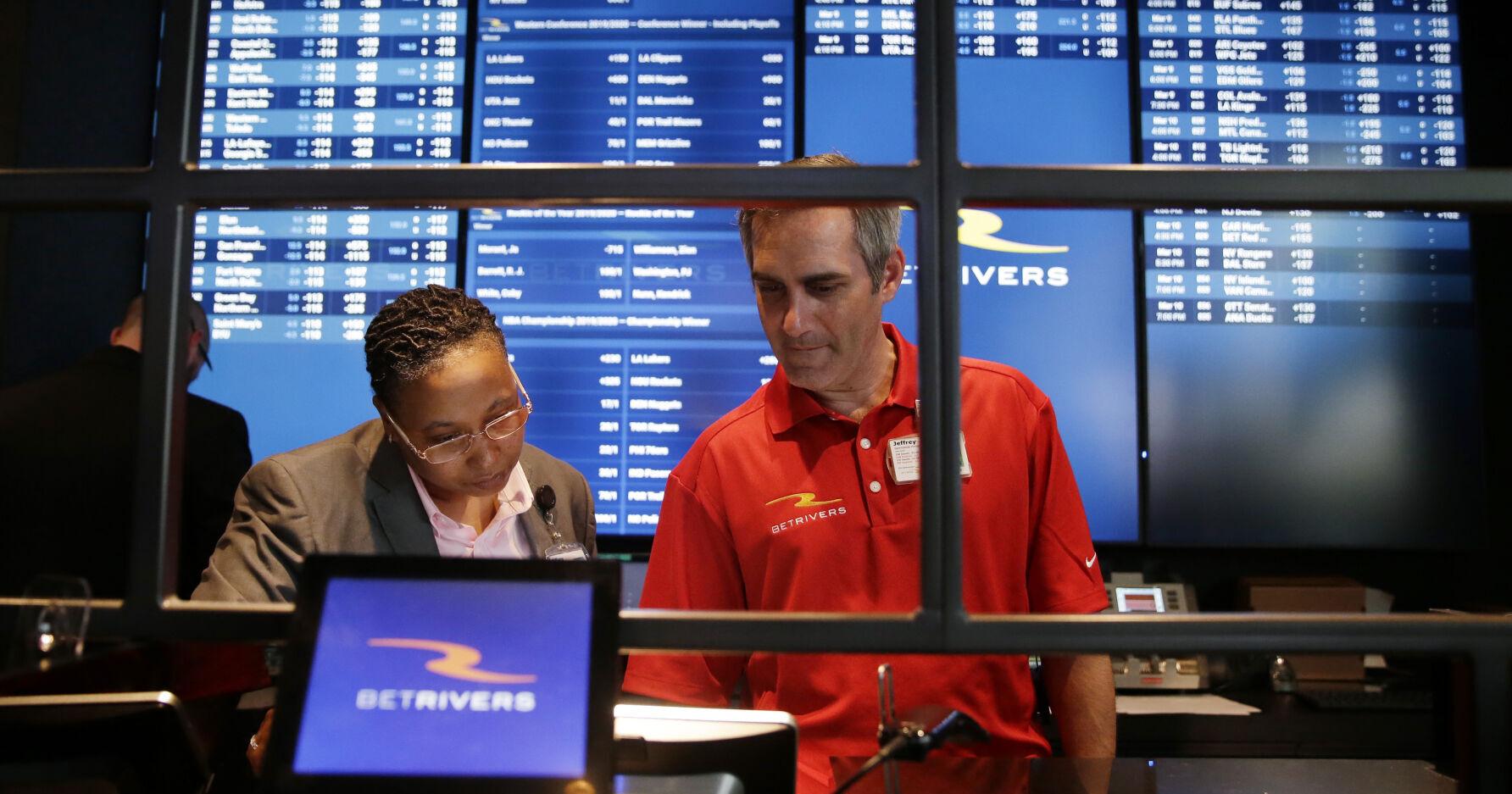
The Illinois State Lottery is the state’s largest contributor when it comes to gambling tax revenue, with video machines coming in a close second.
But revenues generated from sports gambling, legal just since March 2020, are growing at a staggering rate.
Total sports gambling revenues just jumped from $380 million in the 2020-21 fiscal year to $1.1 billion in FY 2023-24.
At the same time, tax revenues have more than tripled — from $57 million to $190 million.
All told, the new Illinois phenomenon of sports wagering — both online and in sports books — has generated $456 million in total revenue.
Those numbers come from a recent report on gambling in Illinois — the lottery, horse racing, casinos, video gambling and sports wagering — prepared by the legislature’s Commission on Government Forecasting & Accountability.
One of the issues commission analysts confronted was how much gambling in Illinois will one day be too much and which form of gambling will dominate.
“From a state revenue perspective, the ultimate question will be whether or not the tax revenue generated by the ‘winners’ will be sufficient to offset the tax revenue lost by the ‘losers’ in the competitive gaming market,” analysts said.
Watching increased amounts of sports gambling dollars pour into state coffers prompted Illinois’ revenue-hungry elected officials to raise the state’s tax rate from 15 percent to, beginning July 1, between 20 and 40 percent for adjusted gross revenues ranging from $30 million to more than $200 million.
The revenue goes to the state’s Capital Projects Funds.
The growth of sports betting in Illinois was slowed by the pandemic. But since that ended in the “latter half of 2020,” business has boomed.
Eleven casinos and two racetracks (re-named “racinos”) operate sports books. Fairmount Park in Collinsville (FanDuel) did the most business in FY 2023-24, generating $449.4 million in total revenue.
Casino Queen Inc. of East St. Louis (DraftKings) came in No. 2 with $387.1 million in revenues.
In addition, there is a sports book at Wrigley Field in Chicago.
Figures showed that tax revenues generated by the lottery have been relatively static between FY 2017 and FY 2024, ranging from roughly $700 million to $900 million.
Video gambling in Illinois became legal in 2014, when it generated $24 million.
In FY 2024, it contributed $848 million to state coffers.
Sports gambling also is growing fast. In FY 2020, it produced $7 million in tax revenue and in FY 2024 $190 million — 27 times as much.
Of all Illinois’ neighboring states, only Missouri has not approved sports betting. Wisconsin limits sports gambling to “tribal properties.”
The commission predicted that “the future of sports wagering will likely follow market conditions as 98 percent of all wagers were made online in FY 2024.”
The commission said the “vast majority” of bets (92.5 percent) are placed on professional sports with college sports coming in a distant second. Motor races and other events made up “less than 1 percent” of bets in FY 2024.
It said “part of this divide can be attributed to recently amended laws that limits wagers on Illinois colleges and sports teams to permit in-person betting for colleges in Illinois.”